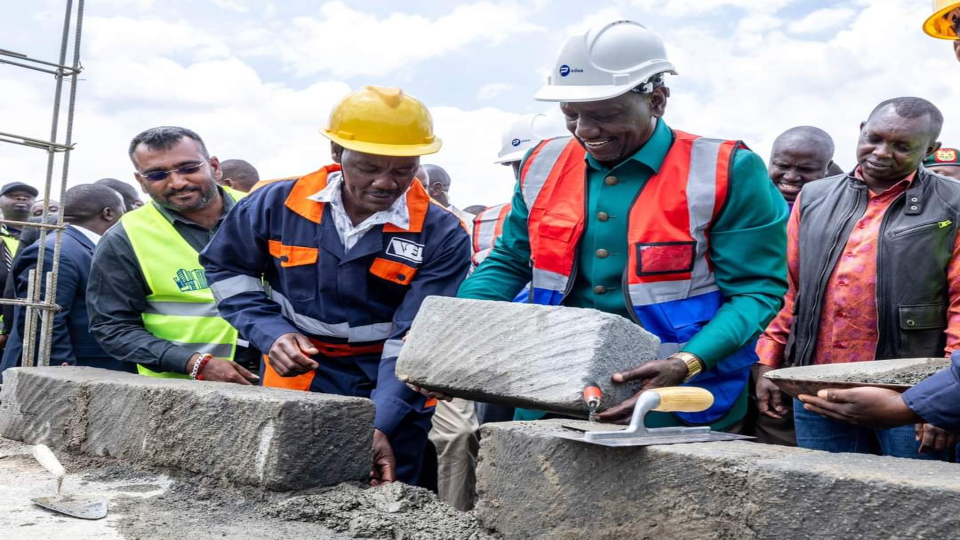High Court Petition Challenges President Ruto’s Affordable Housing Directive for Police and Teachers
A petition filed in the High Court seeks to nullify President William Ruto's directive reserving 20 percent of affordable housing units for police officers and teachers, citing constitutional violations and discriminatory practices. The legal challenge, lodged by human rights advocates John Ndegwa Maina and Marshall Tito Ongoya, argues that the president's announcements on June 3 and September 13, 2025, were made unlawfully and without public participation, a mandatory requirement under Kenya's Constitution.
The petitioners assert that the directive unfairly prioritizes police officers and teachers, granting them an undue advantage over other Kenyans who are equally entitled to benefit from the affordable housing program. They highlight that millions of citizens, including unemployed youth, informal sector workers, other civil servants, and the general public, contribute to the housing project through taxation but have been sidelined by the decision. The advocates argue that this move constitutes preferential treatment, undermining the principles of inclusivity and equality enshrined in the Constitution.
The petition further contends that the allocation scheme excludes the majority of Kenyans, effectively locking them out of a program designed to address the nation's housing needs. The lawyers are urging the court to issue an order barring the president, relevant ministries, and government agencies from implementing the directive. Additionally, they are seeking a court mandate to compel Parliament to establish clear, constitutionally compliant regulations to guide the allocation of affordable housing units.
The respondents and interested parties named in the case include the Cabinet Secretary for Housing and Urban Development, the Affordable Housing Board, the National Police Service, the Teachers Service Commission, and unions representing police officers and teachers. The outcome of this petition could significantly impact the implementation of the affordable housing program and set a precedent for ensuring equitable access to public resources in Kenya.


